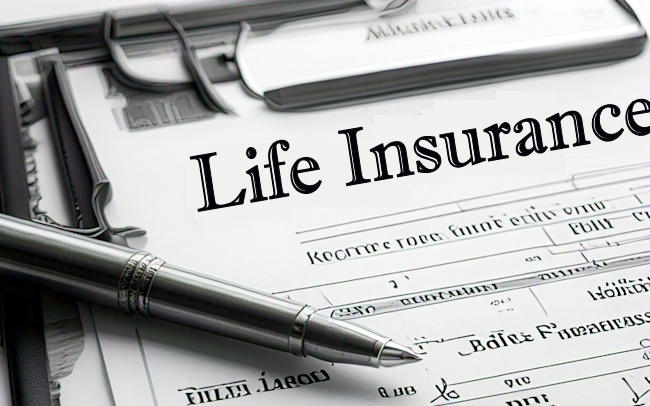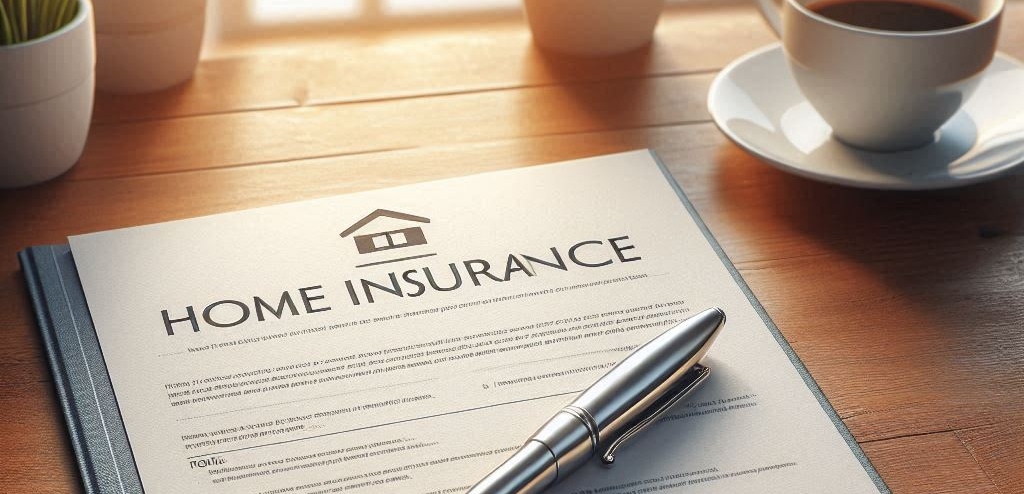If you have limited funds, car insurance could seem like an outrageous expense. But if you get caught driving without it, it could cost you even more in fines, court fees, and even impound fees.

1. Get Only the Coverage you Need
Find out what the minimums are for your state, and build your coverage from there. Also, if you have an older car, and it’s paid in full, consider going with liability-only rather than springing for a comprehensive policy.
Depending on the age of the car, the actual blue book value (which the insurance company will pay if it is totaled) could be far less than the cost to get another car. Paying for an expensive, comprehensive policy, isn’t worth the cost if the payout can’t replace the car when it is totaled. Better to pay less for the policy, and put the difference in savings, or toward buying a newer car.
2. Forget the Extras
Things like towing, roadside assistance, and car rental are all useful; but only if you use them. If you have a newer car, it’s less likely to break down and require towing or assistance. The same goes for car rental. It only comes into play if you have an accident and you need to keep your car in the shop for a few days. That is a rare occurrence. Rather than tack on that expense, consider a car insurance company with a cheaper roadside plan. You can even put the money you save aside for emergency expenses like towing and car rental.
3. Ask About Incentive Programs
Some insurance companies offer safe driver discounts, rewards for attending a driving program, or incentives for transferring all of your other coverage (life, homeowners, etc) to one company. Before you sign up, ask the agent—or check the website—for information on cost-cutting incentives.
4. Pay Up Front
Some insurance companies tack service charges onto their monthly billing. You could pay as much as $5 per payment for monthly billing. If you can pay for the year up front, that’s a possible $60 per year in savings. If you can’t afford to pay for it all, even just paying twice a year or quarterly can save you money.
5. Keep Up With Your Credit Score
Car insurance companies can use your credit rating to determine your premiums. If you are already insured, the company can’t use your credit score to change your rates, but if you need to change carriers, a low score could mean higher premiums. Check your score at least once a year, and take whatever steps you need to ensure you maintain a good rating.
6. Increase the Deductible
By raising the amount you have to pay out of pocket for a claim, you will decrease your monthly premiums. However, the downside is that, if you do have an accident, you could be stuck having to pay thousands of dollars for the repair. You should only use this option if you are sure that you can come up with the deductible in the event of an accident. Otherwise, you could be gambling with your only source of transportation.
Like it or not, if you drive, you need car insurance. Taking the time to determine the exact coverage you need, and to research what different insurance companies have to offer, can save you money in the long run.
See Also:
- How Much Car Insurance Do I Need?
- The Risks of “Insurance Fronting” for Young Drivers
- 4 Key Questions to Ask When Doing Your Auto Insurance Research
- Insurance 101: All You Need To Know About Insurance
- Common Myths About Car Insurance
- Car Insurance Terminology for Newbies
Resources:
Image courtesy of coward_lion / FreeDigitalPhotos.net




